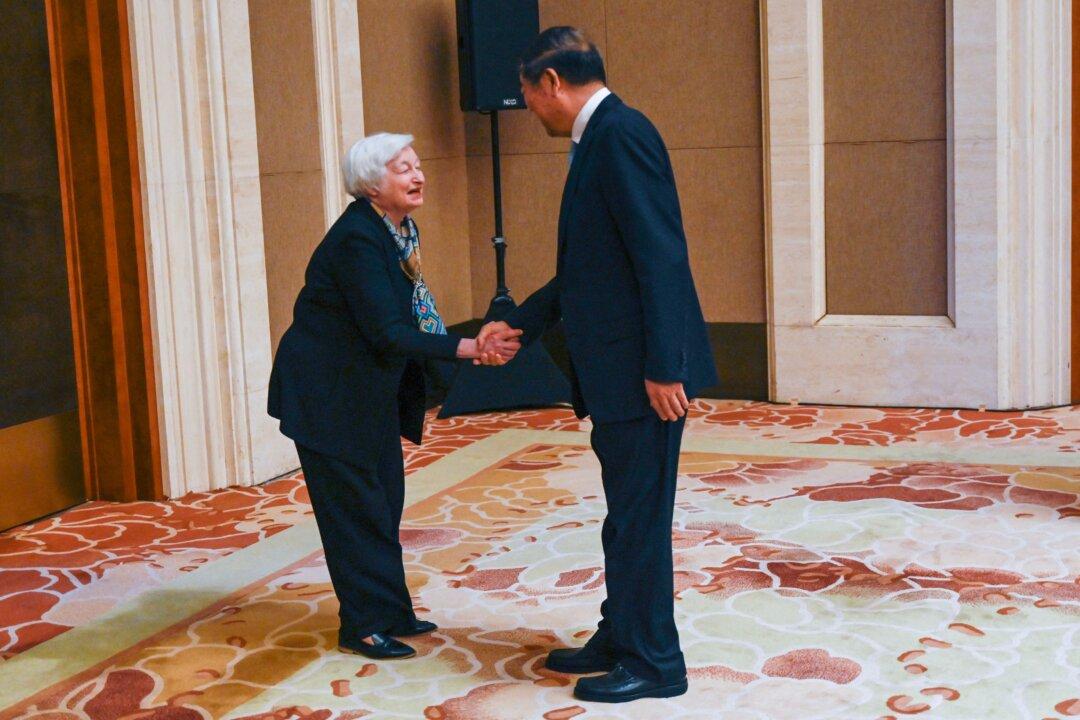U.S. Treasury Secretary Janet Yellen said during an interview that the U.S. economy would not be hit by a recession.
While Ms. Yellen was in attendance at a G-20 summit in Gandhinagar, India, she told Bloomberg on July 17 that the United States was making good progress in bringing inflation down this year.
Ms. Yellen was at the conference of finance ministers while also attempting to ease tensions with Beijing.
Her comments come two weeks after she committed a diplomatic gaffe during her visit to Beijing on July 3, when she bowed to her Chinese counterpart multiple times without reciprocation, which was seen as a sign of weakness.Along with the meetings of the G-20 and a separate gathering with finance ministers from the G-7 developed economies over the weekend, Secretary Yellen used the visit to meet with her counterparts from India, Turkey, and the European Union.





